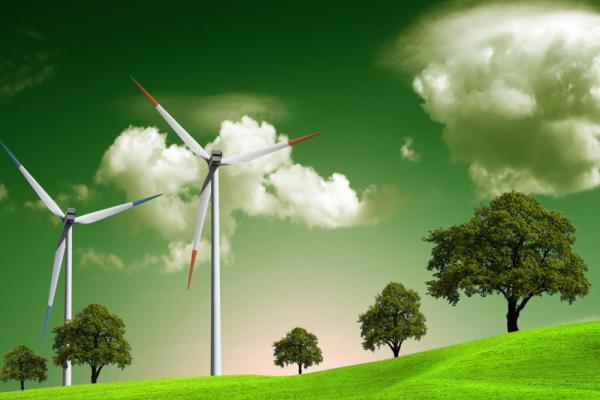What exactly is ESG?
ESG stands for Environmental, Social and Governance and is more than just the latest investing buzz phrase. This snappy acronym actually encapsulates a broad range of factors against with which investors can evaluate the performance of their potential investment vehicles. And with the CFA Institute recently reporting that 69% of retail investors are interested in ESG, companies looking to attract capital would do well to implement its tenets into their business mode ASAP.
Similar to CSR, the overarching concept of ESG is encouraging a shift in focus from a primary corporate objective of short-term profit maximisation towards a more sustainable business model in which significant emphasis is placed on a range of ESG factors, such as: the environment, employees, the supply chain, and the wider community in which the business operates. In the era of Greta Thunberg and Biden’s Green New Deal, this new way of doing business now resonates with the broader investment community like never before.
Why does it matter?
ESG is a rapidly evolving area and in recent years it has become an increasingly important item on the corporate agenda. Companies are under intense and growing pressure from both investors and regulators to improve their ESG performance. Whether you believe in the principles of ESG or not, all the evidence suggests that strong ESG scores will be a key driver of share price growth for forward-thinking companies of the future. Indeed, recent research from J.P. Morgan Asset Management showed that investment in the renewables market alone has grown by almost 1000% in 15 years, rising from $33 billion to $310 billion. Industry leader NextEra Energy’s share price, for instance, has ballooned 800% over this same period, while Enphase Energy’s has exploded 2000% in just half of the time.
Governments, regulators, and you
Beyond this, there has been a significant intensification of governmental and regulatory interest in mandatory ESG reporting standards to bolster the pre-existing non-mandatory frameworks published by industry groups, NGOs and other international organisations. It is also worth mentioning the creation of ESG benchmarks and indices by major passive investment fund firms like S&P and Bloomberg which are already attracting record inflows of capital. Interestingly enough –despite the very real increase in investor sensitivity to ESG and the growth we’ve already seen in ESG assets– the CFA found that only 10% of retail investors actually screen prospective companies for ESG compliance. Thus, as more ordinary investors like yourselves start putting theory into practice and making investment decisions based on ESG performance, these assets and instruments can only be of further benefit.
Where can I find ESG approved instruments?
Apart from the obvious choices we’ve already covered, such as renewables and green energy equities, there are lots more places you ought to be looking for ESG compliant investments – some of which might surprise you:
Commodities
They say every portfolio should be well diversified and thus every investor ought to have some commodities exposure. The problem here is that the traditional commodities like oil, gas and coal are about as far away from ESG as you can get. But don’t despair: investments like copper, silver, platinum and palladium are vital to the green energy drive and are also have all the diversifying advantages of their fossil-based alternatives.
Industrials
Individual stocks are a great way to maximise potential thematic returns and ESG is no exception. Well into the future, we will always need traditionally environmentally unfriendly industries like oil, air travel and chemicals and you can benefit from their growth guilt-free by making a smart investment in those companies in these sectors with the highest ESG scores. Chemical giant Bayer AG, for example, may well be in a business notorious for its pollution, but the company itself has an excellent ESG score and is even included in the DAX ESG 50 index. Another unlikely candidate could be Total SA, which is reorienting its business towards renewables and is set to reap the ESG dividends of this move in the years to come.
Consumer products
Like their energy-sector counterparts, consumer goods are often derided as an enabler of the throw-away society that harms the planet so greatly. However, once again, some companies are more ethical than others, and will likely benefit as a result. An excellent choice in this sector would be Starbucks, which takes ESG extremely seriously, recently committing to achieve Carbon Neutral Green Coffee and to conserve water usage in green coffee processing by 50%, both by 2030. Likewise, household goods giant Proctor & Gamble is equally dedicated to ESG, having been a pioneer of CSR and a stalwart of socially conscious ETFs and funds for over a decade already.
Embrace ESG with Libertex
ESG is more than just a passing trend, it’s a paradigm shift that will shape corporate performance for decades, if not centuries, to come. Now that you know the sectors to look for ESG-compliant companies and instruments, you’ll need somewhere to trade them. Well, look no further than Libertex. With almost a quarter century of market experience, Libertex offers an unbeatable combination of reliability and functionality for investors and traders alike. Download the multi-award-winning app and see for yourself why Libertex clients rate the app so highly.






